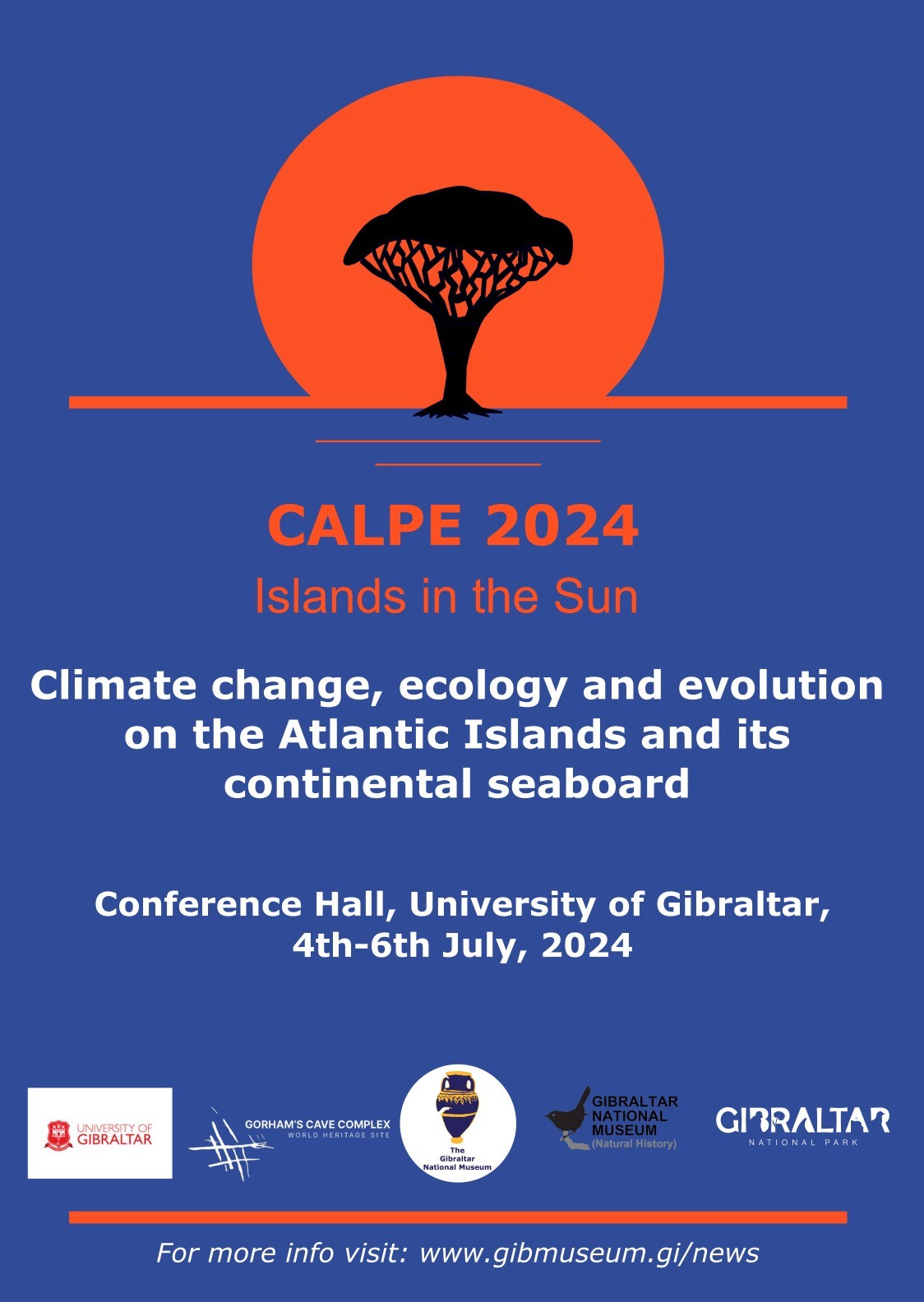Calpe Conference 2024
Published: June 04, 2024
Islands in the Sun:
Climate change, ecology and evolution on the Atlantic Islands and its continental seaboard
Since Darwin’s work on the Galapagos, islands have been seen as natural laboratories for the study of evolution. The Atlantic Island archipelagoes of the Azores, Madeira, Selvagens, Canaries and Cape Verde (collectively known as Macaronesia) have received less attention but a growing body of research is bringing their significance to the fore. Isolation from the mainland generated unique floras and faunas in the archipelagoes and some unexpected exchanges between them. At the same time the mild climate generated by oceanic influence has made the islands reservoirs of plants and animals that survived the glaciations.
This oceanic influence has also had its effects on the proximate continental shores of south-west Iberia and north-west Africa, where continental species survived the glaciations. These populations included Tertiary plant relics, that vanished from the rest of the continent, and the Neanderthals, who persisted on the shores of south-western Iberia longer than anywhere else on the planet. Fossil evidence from Neanderthal contexts in caves at Gibraltar and south-west Portugal also indicates that species of seabirds now extinct or restricted to the Atlantic Islands, once occupied the coastal mainland. Humans arrived on the islands much later and it is becoming increasingly clear, from fossil and archaeological evidence, that they were responsible for the extinction of unique island species. With current concerns over global climate change, what lessons can we learn from these islands and the continental margins facing them?
This year’s Calpe Conference brings together leading experts to discuss these issues. The conference will be held, for the first time, in July, from Thursday 4th to Saturday 6th. The change is experimental and aimed at avoiding a busier time of year at the University of Gibraltar, where the conference will be held.
Registration is required, and as in previous years, the event is free to Gibraltar residents.
Forms can be downloaded from here:

Other similar Events
Other similar News
News
The #IceAgeEuropenow touring photographic exhibition arrives in Gibraltar
Published: March 16, 2019
18-20 Bomb House Lane
PO Box 939,
Gibraltar
